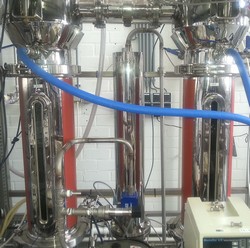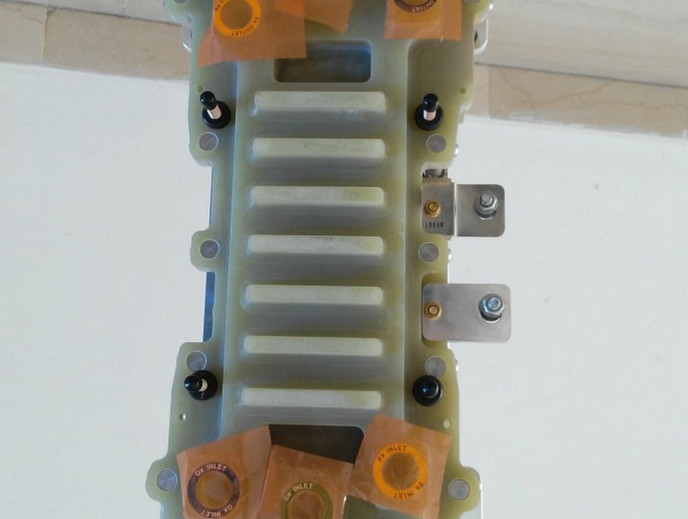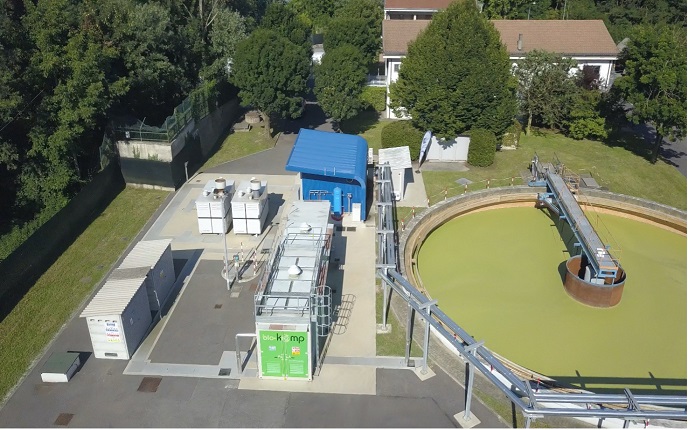The efficient extraction of hydrogen from food waste
More than 130 million tonnes of biological waste is produced every year in the EU, from gardens, kitchens, restaurants and the food processing industry. This waste constitutes an enormous untapped source of energy and other resources, provided it can be efficiently processed. The EU-funded HYTIME (Low temperature hydrogen production from second generation biomass) initiative aimed to develop a bioprocess for the production of H2 gas from biological waste streams. The researchers analysed various sources of waste, including grass cuttings, straw, and fruit and vegetables discarded by supermarkets. They also tested the effect of various pre-treatments using steam, diluted chemicals and enzymes on the final hydrogen yield. HyTIME chose bacteria of the genus Caldicellulosiruptor because they performed well in earlier experiments on H2 production. The researchers also developed a number of methods to monitor the bioprocess and to collect the H2 gas. Project partners investigated a laboratory-scale bioreactor that performed well in testing. Researchers studied and optimised the processes taking place within this bioreactor prototype. This research will help create new ways to extract value from biological waste, and contribute to answering the growing global demand for H2.







